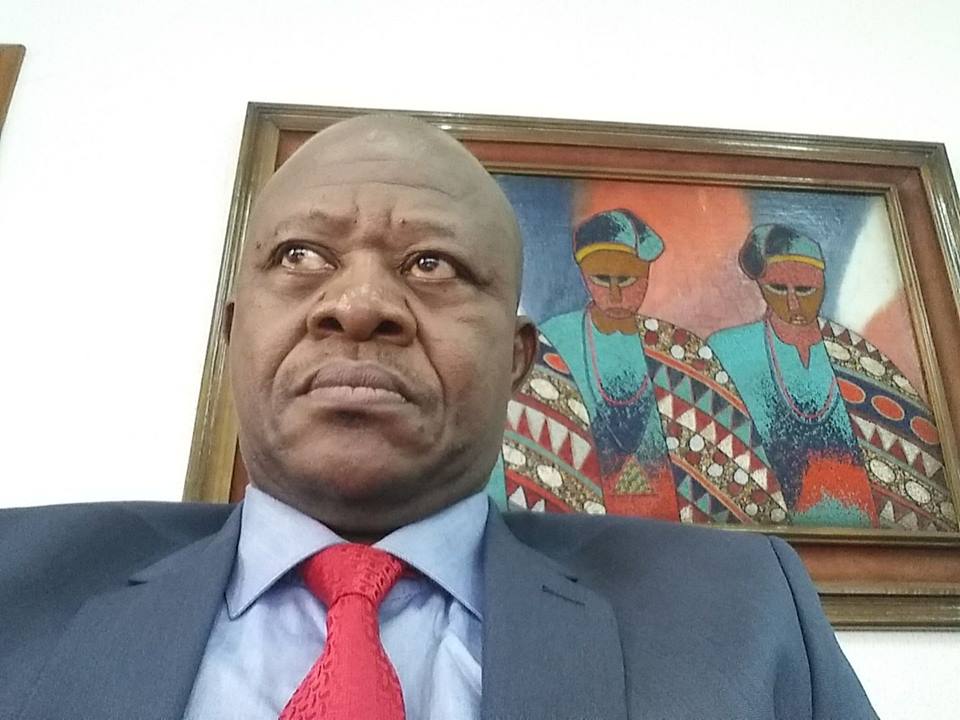Risk definition: The first step in risk management is risk identification by determining the likely sources of risk and the magnitude of risk, which threatens the objectives of tax collection by developing a list of potential risks.
The potential risk in tax collection, when we consider that the biggest tax payers are those closest to power, and are in the know of how tax is collected and expended, will feel hard done that their hard earned income is squandered. The ordinary citizens see the misuse of government resources and will not voluntarily take their head to slaughter by paying for the lifestyles of their oppressors.
It seems that the poor do not have access to quality of life and their meager income is collected and utilized to finance the lifestyle of the elite.
Risk analysis
Advertisement
Risk analysis is the stage when risk is examined with the view to discover its impact on organizational or governmental objectives. The frequency of risk, likelihood of occurrence and consequence of occurrence and vulnerability of occurrence are analysed. Risk analysis is important because it explains why the tax payer is behaving in a particular manner and the best way to mitigate the risk.
VAIDS policy formulators probably assume that penalties and fear of sanctions is the reason why many are not complying and hence the offer of amnesty.
It goes beyond that and a critical lack of tax payer education by connecting the nexus of tax payment and the right to ask questions. The tax payer education department is critical in this regard as it can create the matrix by connecting the dots for the citizens to demand for their dues from government.
Advertisement
Risk assessment and prioritization
If the risk management model had been adopted as a part of a holistic tax reform strategy, with a view to inclusive tax management assessment and prioritization, it would have shown that apart from technology which brings more information to the tax administrator, the human element is far more important.
Aggressive drive for revenue over the last two decades through various commercialization and privatization of social institutions has reduced the quality of life of Nigerians by taking away the little they have, without commensurate returns in terms of quality of life.
This approach should have identified the most significant risks. Risk is an evolving phenomenon and moves with time. It is therefore important that live intelligence is available, as empirical evidence has shown that risk should be evaluated, not in terms of revenue collected, but sustainability, which takes cognizance of political, economic, social, technical, administrative, environmental and legal impact.
Advertisement
Risk treatment
Treatment of risk depends on its manifestation and in the case of Nigeria it is manifest in all aspects of life – administrative, political, social spiritual, environmental etc. Nigeria has continued to lay emphasis on direct taxation whereas its circumstances and level of technological development suggest that it is better if the focus is on indirect taxation where cost of collection and risk of evasion is low. As determination of income and allowable expenses in direct taxation is not an open and close activity, indirect taxation is simple to evaluate. The tax payer, despite bearing the incidence of tax does not feel the psychological impact of paying tax because it has been factored into the cost of transaction.
Policy makers may look at the quantum of taxes coming from direct taxation and the inflationary consequence of indirect taxation but this is where revenue budgeting mitigates the risk of negative reaction. There are implicit costs of lack of certain facilities that can be collectively financed through taxation which reduces the cost of living of citizens.
If this integrated approach is adopted, it will make it easier to get the buy in of citizens. Risk reduction will naturally occur and may even lead to risk covering that neutralizes the risk.
Advertisement
The VAIDS project while well intended does not take a holistic approach to improving tax yield and compliance. An evaluation of steps taken will show that the government lacks the capacity to follow up, post-VAIDS, and the question arises of whether it is a sustainable strategy and bring about improved compliance. An effective framework should not only look at potential tax yield, and short term gain, but intended outcomes and external effects. The opportunity WHT administration presents for increased tax yield and meeting credit demands of the private sector should be explored. Exemption of public sector deduction and remittance VAT should be reviewed, which will make more funds available for development and reduce or eliminate incidences of unremitted taxes by government institutions.
Would VAIDS really serve simply as a collection tool or seek to improve our tax collecting and compliance culture. Only time will tell.
Advertisement
Dikwa is a fellow, Chartered Taxation Institute and former inspector of taxes, FIRS.
Advertisement
Views expressed by contributors are strictly personal and not of TheCable.
Add a comment







